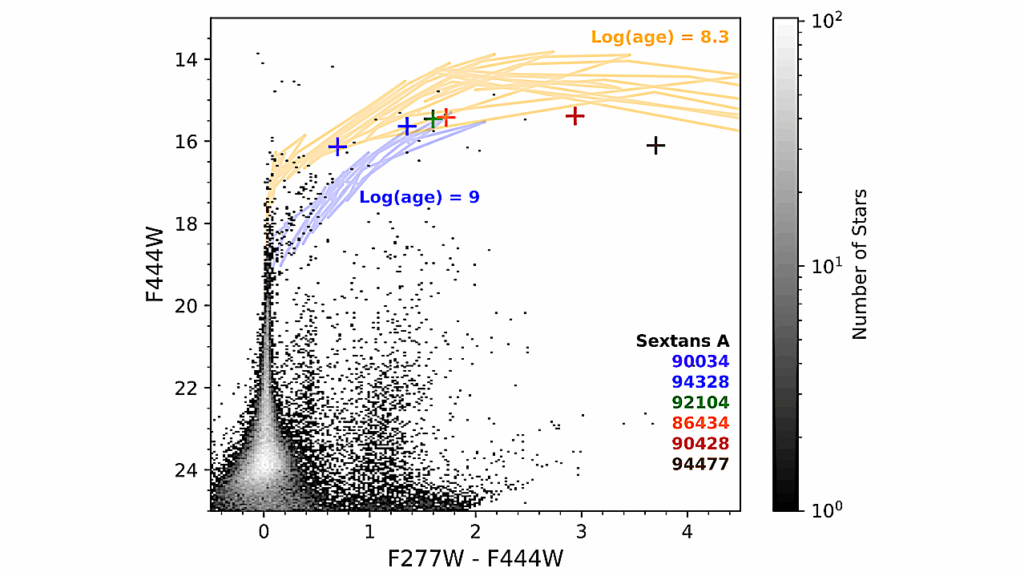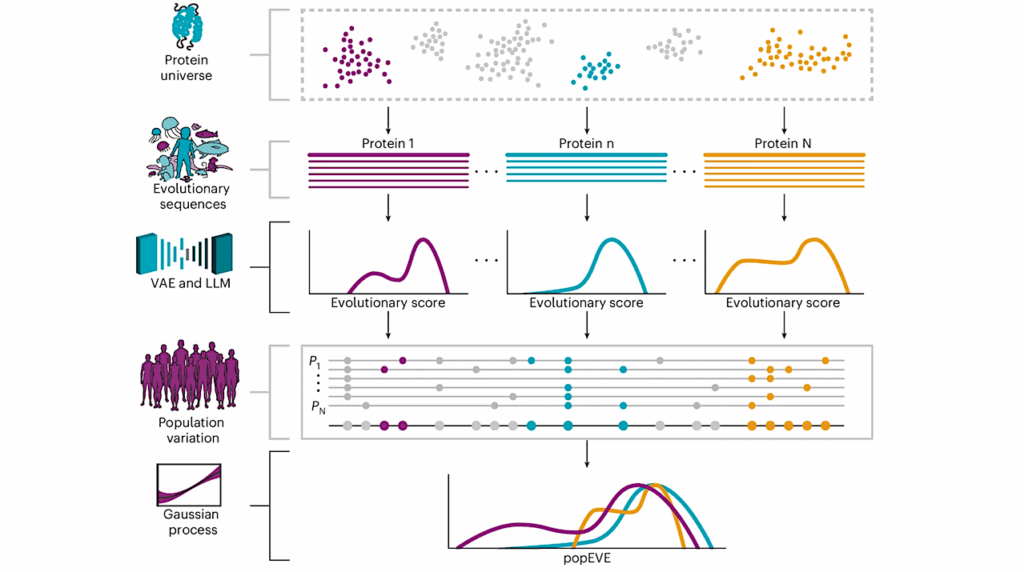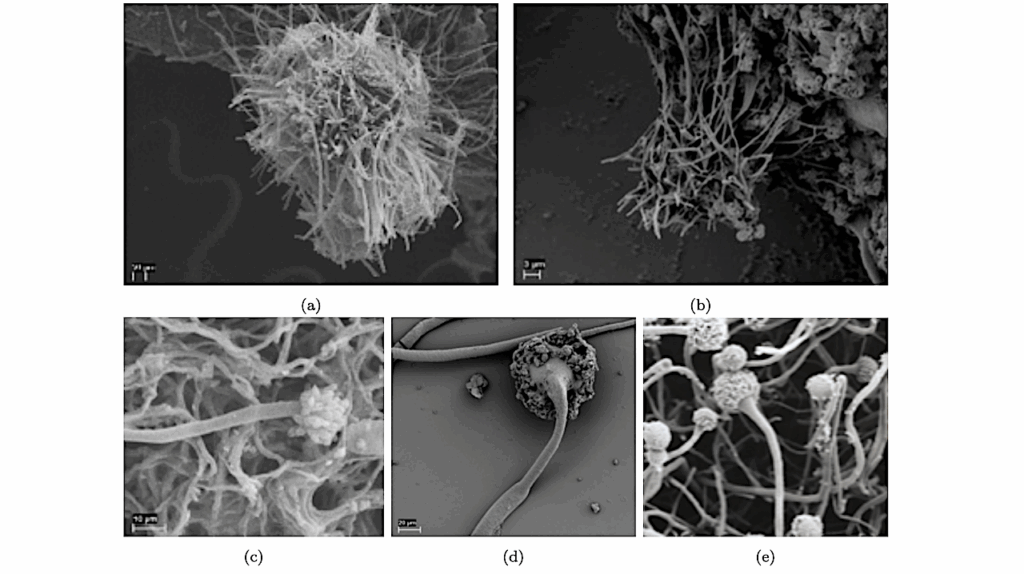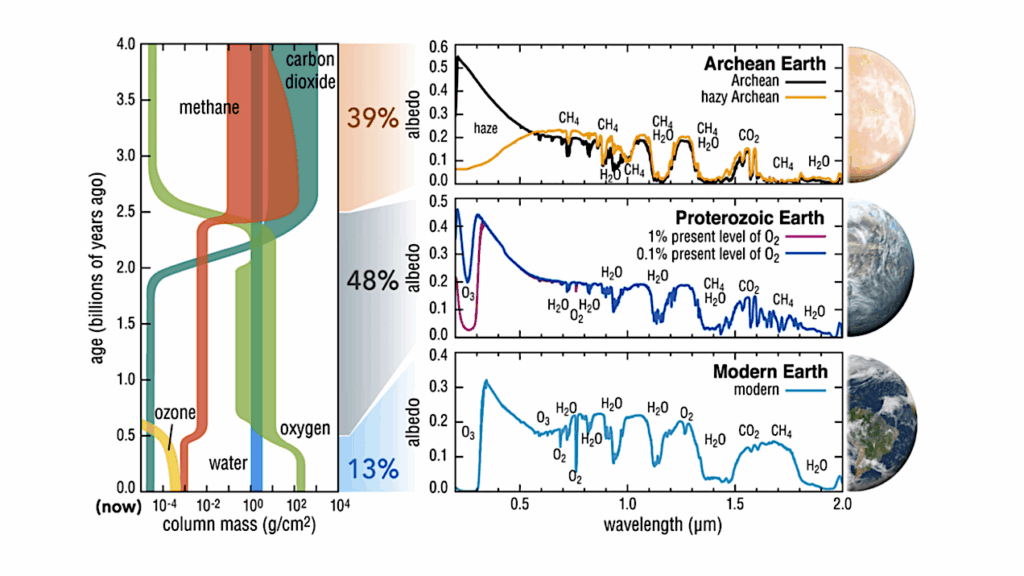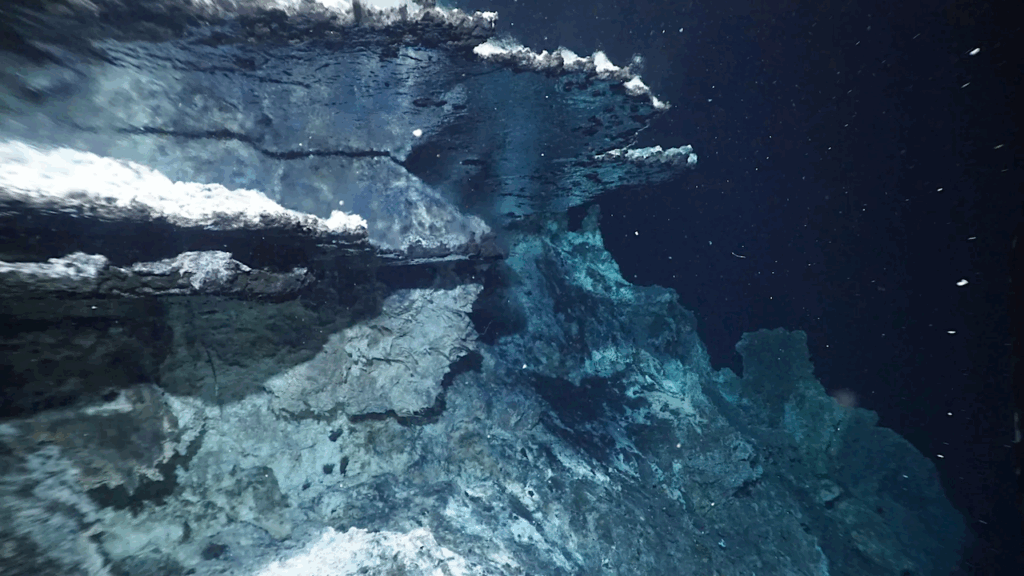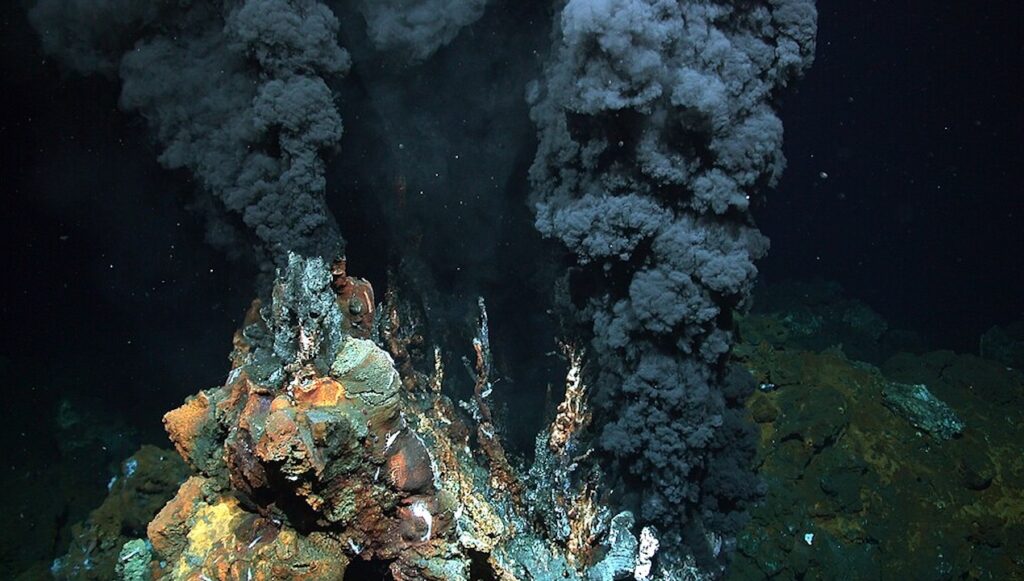Undecanoic Acid and L-Phenylalanine in Vermiculite: Detection, Characterization, and UV Degradation Studies for Biosignature Identification on Mars

Solar radiation that arrives on the surface of Mars interacts with organic molecules present in the soil. The radiation can degrade or transform the organic matter and make the search for biosignatures on the planet’s surface difficult. Therefore, samples to be analyzed by instruments on board Mars probes for molecular content should be selectively chosen to have the highest organic preservation content.
To support the identification of organic molecules on Mars, the behavior under UV irradiation of two organic compounds, undecanoic acid and L-phenylalanine, in the presence of vermiculite and two chloride salts, NaCl and MgCl, was studied. The degradation of the molecule’s bands was monitored through IR spectroscopy. Our results show that, while vermiculite acts as a photoprotective mineral with L-phenylalanine, it catalyzes the photodegradation of undecanoic acid molecules.
On the other hand, both chloride salts studied decreased the degradation of both organic species acting as photoprotectors. While these results do not allow us to conclude on the preservation capabilities of vermiculite, they show that places where chloride salts are present could be good candidates for in situ analytic experiments on Mars due to their organic preservation capacity under UV radiation.
Ophélie McIntosh , Cristina García-Florentino, Teresa Fornaro, Domenica Marabello, Andrew Alberini, Sandra Silijeström, Malgorzata Biczysko, Cyril Szopa, John Brucato
PMID: 38669050 DOI: 10.1089/ast.2023.0088 (Astrobiology)
Undecanoic Acid and L-Phenylalanine in Vermiculite: Detection, Characterization, and UV Degradation Studies for Biosignature Identification on Mars, PubMed
Astrobiology


